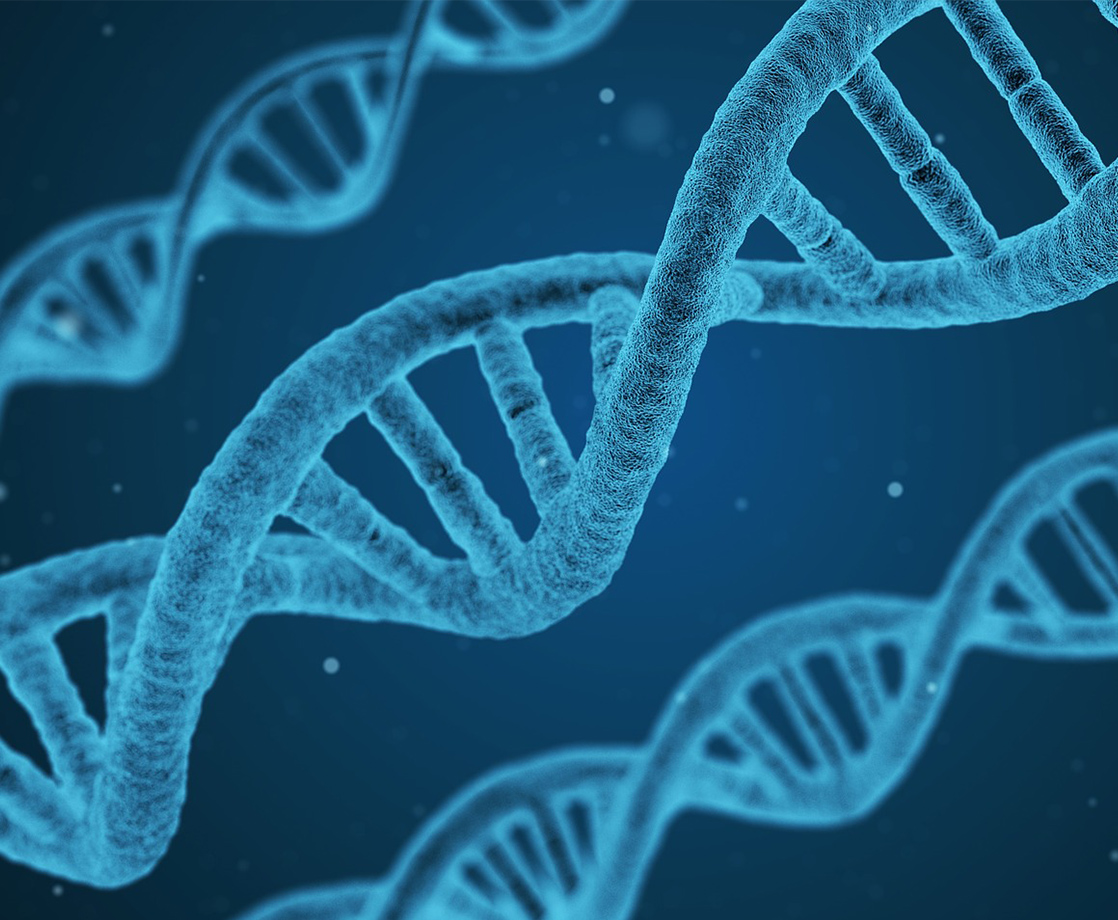Lead image via
For most cannabis users, the once-controversial plant is now a mild intoxicant used recreationally or medicinally to decrease stress, increase appetites, or just get in a good giggle. But for some users, pot use can turn dependent, just like other habitually used substances. While “cannabis addiction” is a contentious topic, new research suggests that the risk for marijuana use disorder is predictable on the genetic level.
According to a new study published in the journal Nature Neuroscience and first reported by Scientific American, Danish scientists working out of Aarhus University in Denmark have isolated the gene CHRNA2 (cholinergic receptor nicotinic α2 subunit) as a significant risk factor for cannabis use disorder.
To reach their conclusion, the research team dissected the genome of 2,000 people with cannabis use disorder and compared it to the DNA of almost 50,000 test subjects who did not have marijuana addiction tendencies. After discovering the presence of CHRNA2 in a significant number of the cannabis users and its absence in the control group, the researchers expanded their data, and found similar presence (and lack) of CHRNA2 in an Icelandic genetic database including 5,500 people with cannabis use disorder and 300,000 without.
The scientists were clear to note that the presence of the CHRNA2 gene in a person does not cause cannabis use disorder, but instead suggests an increased risk of heavy use or possibly addiction in someone who does decide to try marijuana.
“I think it’s quite likely that [this finding] adds something that’s really of interest for our biological understanding of the nature of cannabis dependence and why some people are more likely to become cannabis dependent than others,” Joel Gelernter, a professor of psychiatry at the Yale School of Medicine, who did not participate in the Danish study, but is planning his own research into CHRNA2, told Scientific American.
Across the field of narcotics research, a number of genes have been isolated as risk factors for addiction or substance abuse, with CHRNA2 the first to be identified with potential relation to cannabis use. And while CHRNA2 is the first isolated risk factor for cannabis use disorder, the Danish researchers are confident that it is just one gene in a series of indicators that is yet to be discovered. But with one gene isolated, scientists can now begin looking deeper into the cannabis use disorder issue, with CHRNA2 acting as a springboard for further research.
“We know we’re missing a much larger part of the puzzle,” Howard Edenberg, a Distinguished Professor at Indiana University, told Scientific American of the Danish findings.
Follow Zach Harris on Twitter











